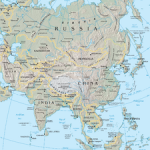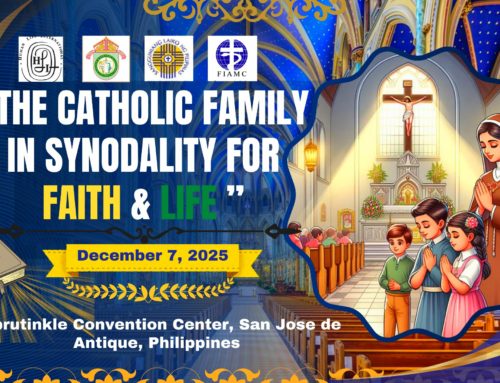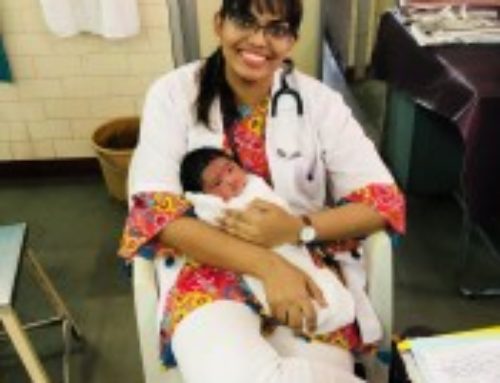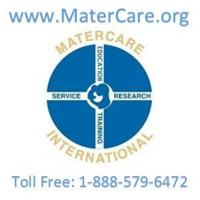My dear sisters and brothers in Christ,
We have once again arrived the summit of our annual liturgical journey as Catholics. We have observed the Lenten period, where we took the opportunity to reflect upon our lives, contemplate upon our sins, and repent. We have also completed the Holy Week, a week of commemorations of Jesus’ last days of his life on earth, faithfully fulfilling the duties given to him by his father. In particular, we recall that on Holy Thursday, Jesus washed the feet of the Disciples (John 13:1-20), in which he taught us to serve one another. On Good Friday, we are also reminded of Jesus’ ultimate sacrifice through his death on the cross (John 18-19) to redeem our sins. Finally, on Easter, we celebrate Jesus’ resurrection (John 20:1-18), signifying his triumphant victory over death and evil.
In the next few weeks we will recollect Jesus’ appearances to his disciples after his resurrection, before he finally ascended into heaven (Acts 1:9). As we recall, Jesus’ final messages were for us to teach all nations, to baptise in the name of the Father and of the Son and of the Holy Spirit, and to teach to observe all things Jesus has commanded us (Matthew 28:19-20). This event signifies the beginning of our task to spread the Good News.
Fast forward to the present time, evangelisation is by no means an easy task in a very modern, heterogeneous, and highly secular society. To be able to do this, it is imperative for us to understand what it means to spread the Gospel in the 21st century. Reflecting upon Jesus’ life, it can be easily concluded that the message of love is the essence of his teaching. He mentioned that the greatest commandments were to love God fully, and to love our neighbour as ourselves (Mark 12:29-31). In fact, we were instructed to love one another as God has loved us (John 15:9-17). True indeed, God’s greatest love to us is perfectly depicted by giving his only son Jesus to die on the cross.
Love is the essence of our Christian live. Love is our identity. Believing in God means believing in the power of love. Concurrently, love is the proof that God reigns in our lives. Emeritus Pope Benedict XVI emphasised this point by dedicating his first encyclical letter to this theme, and giving it the title “Deus Caritas Est”, God is love. This means, spreading the word that the Saviour has redeemed our sins means we have to spread the message of love.
Expression of love requires real actions. It is through our actions, not only our words, that the message of love can be conveyed. St. Ignatius Loyola stressed this point as one of his teachings by saying, “Love ought to manifest itself more by deeds than by words”. Looking back at the washing of the feet, Jesus taught us that the way we express our love to each other is by serving one another.
We are public servants. When we were admitted to the medical profession, we solemnly pledge to consecrate our lives to the service of humanity. It is our call to help others. This should not be seen as a obligation that comes with the profession. Instead, it should be seen as a privilege. By our service in health and medicine, not only do we contribute to the general wellbeing of the people, we are also multiplying the gift of healing God gave us for the benefit of others, as Jesus asked us to do (Matthew 25:14-30).
In carrying out our duties as medical professionals, there are one large group of people that we sometimes neglect and forget: the poor. According to Oxford Poverty & Human Development Initiative, in 2013 there are a total of 1.6 billion people living in multidimensional poverty, and 51% of these people live in South Asia (www.ophi.org.uk/multidimensional-poverty-index). The morbidity and mortality rates among poor people are high as their access to health care and treatment are often severely limited because of their economic disadvantages. Communal lifestyle, poor nutrition and hygiene, lack of knowledge and trust in the modern health system has caused rapid transmission of various diseases among poor people.
On our oath, we have pledged to serve without discrimination. It is important to realise and appreciate that these are the communities we should focus our attention to. These are the powerless patients who rely on us even more than our regular patients. These are the precious souls desperately waiting for our healing touches.
Jesus once praised his Father for he had revealed himself not to the wise and prudent, but to the little (Matthew 11:25). Thus, by helping and rescuing the poor and the powerless, we are given the opportunity to better seek God. It is through these people that God revealed his glory and majesty. Assisting the needy will bring us closer to Him and give us divine satisfaction we would never find anywhere else.
There are numerous holy men and women we can look up as inspirations for our charity to the poor. Blessed Mother Teresa also encouraged us to serve the poor by saying “Let us touch the dying, the poor, the lonely and the unwanted according to the graces we have received and let us not be ashamed or slow to do the humble work.” Saint Damien of Molokai SS.CC., despite not being a medical professional himself, devoted his life to care for the physical, spiritual, and emotional needs of those in the leper colony in Hawaii. These are the people who dedicated their lives, often paying the ultimate sacrifice, for the services to the poor.
God himself repeatedly asked us to serve the poor and the powerless. Through Moses, God asked us to care for the needy and poor brother (Deuteronomy 15:11). Most importantly, in the parable of the judgment of the nations (Matthew 25:31-46), Jesus wanted us to treat the least of the brethren with dignity, as whatever we do to these people, we do it for God himself.
Our attention to the poor as Catholic medical professionals gain momentum upon the election of Jorge Mario Bergoglio SJ as our new Pontiff, who took his regnal name Francis in recognition of St. Francis of Assisi, who was a champion of the poor. Known for his efforts in social justice, Pope Francis had indicated during one of his first public speeches that he wanted a poor Church for the poor.
Now that we have a leader who puts such high emphasis on the services to the poor, how are we, as Catholic doctors, reacting? Are we ready to take up the challenge? Are we brave enough to be champions of the poor ourselves? Are we prepared to dedicate our lives to improve the health of the least of our brethren?
Strengthened by God’s ultimate sacrifice and victory over evil, let us now spread God’s message of love through our service in health and medicine. Let us shift our attention to the least of our brothers and sisters, the needy and powerless, who desperately need our help. Let us serve these people ad maiorem Dei gloriam, for the greater glory of God.
God bless us all. Happy Easter.
Dr. Ignatius Harjadi
President of AFCMA (Asian branch of the FIAMC)









